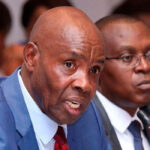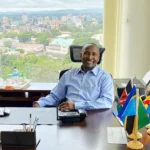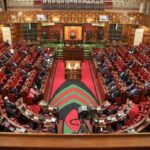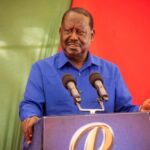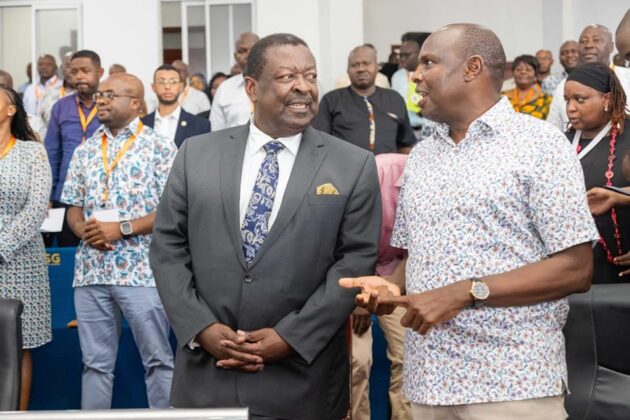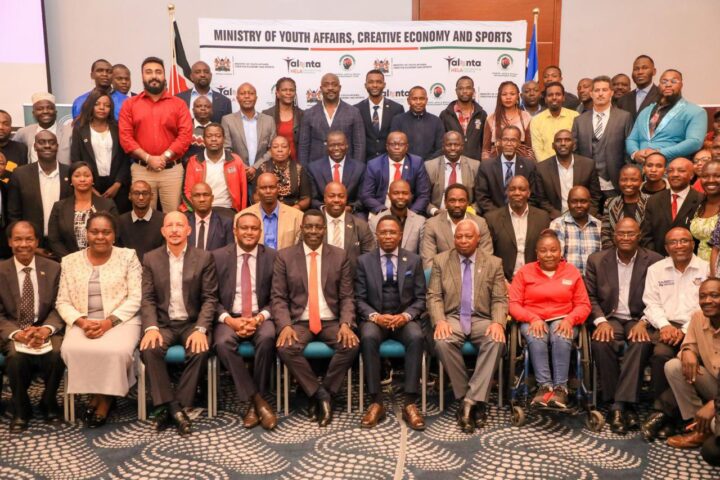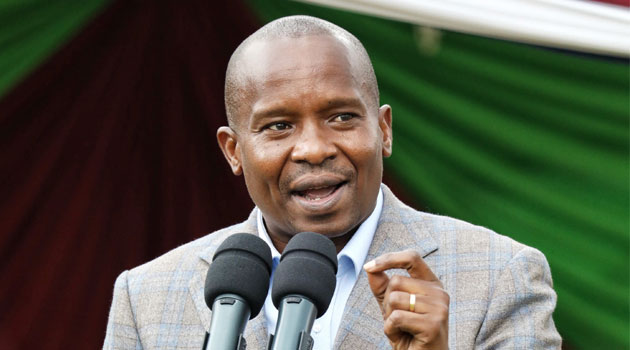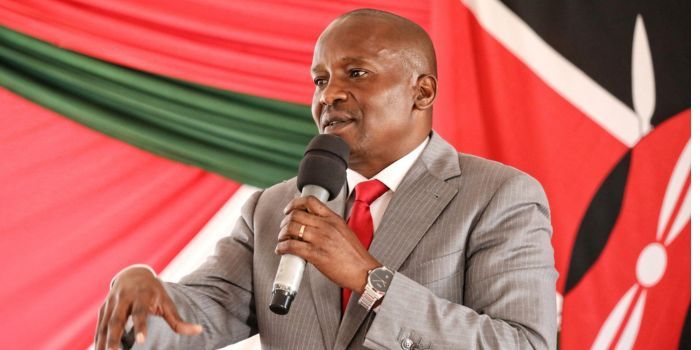Following the conclusion of the election campaign, the cost of administering the national government decreased slightly in the first quarter of the current fiscal year, which ends in June 2024.
In the 3 months leading up to September, the Ruto administration spent KSh268.10 billion on operations, maintenance, and salaries and wages, a decrease of 2.90% from KSh276.11 billion during the same time in the previous year.
The KSh8.01 billion decrease in daily operating expenses for the administration, Parliament, the judiciary, and independent commissions year over year is mostly attributable to lower election spending after the conclusion of the bitterly contested elections in the first quarter of the previous fiscal year.
The Independent Electoral and Boundaries Commission’s (IEBC) recurrent expenditure dropped to KSh544.52 million from KSh10.33 billion, according to data released by Treasury Cabinet Secretary Njuguna Ndung’u, indicating the financial burden the elections’ typically high stakes have on the taxpayers.
With the exception of the IEBC’s recurrent costs, the national government’s operating costs increased by 0.66%, or KSh1.77 billion, to KSh267.55 billion, but otherwise stayed relatively constant from the previous year.
The rising costs of debt servicing have recently surpassed those for operating, maintaining, and compensating employees, underscoring the impact of the commercial loans taken out over the past ten years to build desperately needed roads, bridges, power plants, and a modern railway line.
For instance, during the 3 month review period, debt charges consumed KSh347.22 billion, surpassing the cost of running the government on a daily basis, including salaries and wages, by 29.51%, or KSh79.13 billion.
Since taking office a year ago, the Ruto government has struggled to reduce recurrent costs while promising to reduce the former administration’s spending by up to KSh300 billion in the previous fiscal year.
This became clear when the recurrent expenses for the fiscal year that ended in June came in at KSh43.17 billion higher than the KSh1.18 trillion that Uhuru Kenyatta’s administration had budgeted.
Head of the Public Service Felix Koskei announced that the State will no longer reimburse expenses incurred on trips taken by government officials for benchmarking and study visits, training and related capacity-building initiatives, research, academic meetings, and symposia. This is part of a renewed effort to control growth in recurrent expenditures.
Conferences and meetings with open enrollment, side events and exhibitions, as well as committee and association meetings and activities, are additional costs that will be reduced as part of the new austerity effort.
“Public institutions wishing to travel and participate in any of the pipeline events in the above categories are required to request for virtual participation where available and, alternatively, engage the Ministry of Foreign and Diaspora Affairs to ensure on-the-spot participation of diplomatic officials in the country of reference,” Mr Koskei wrote in the memo.






